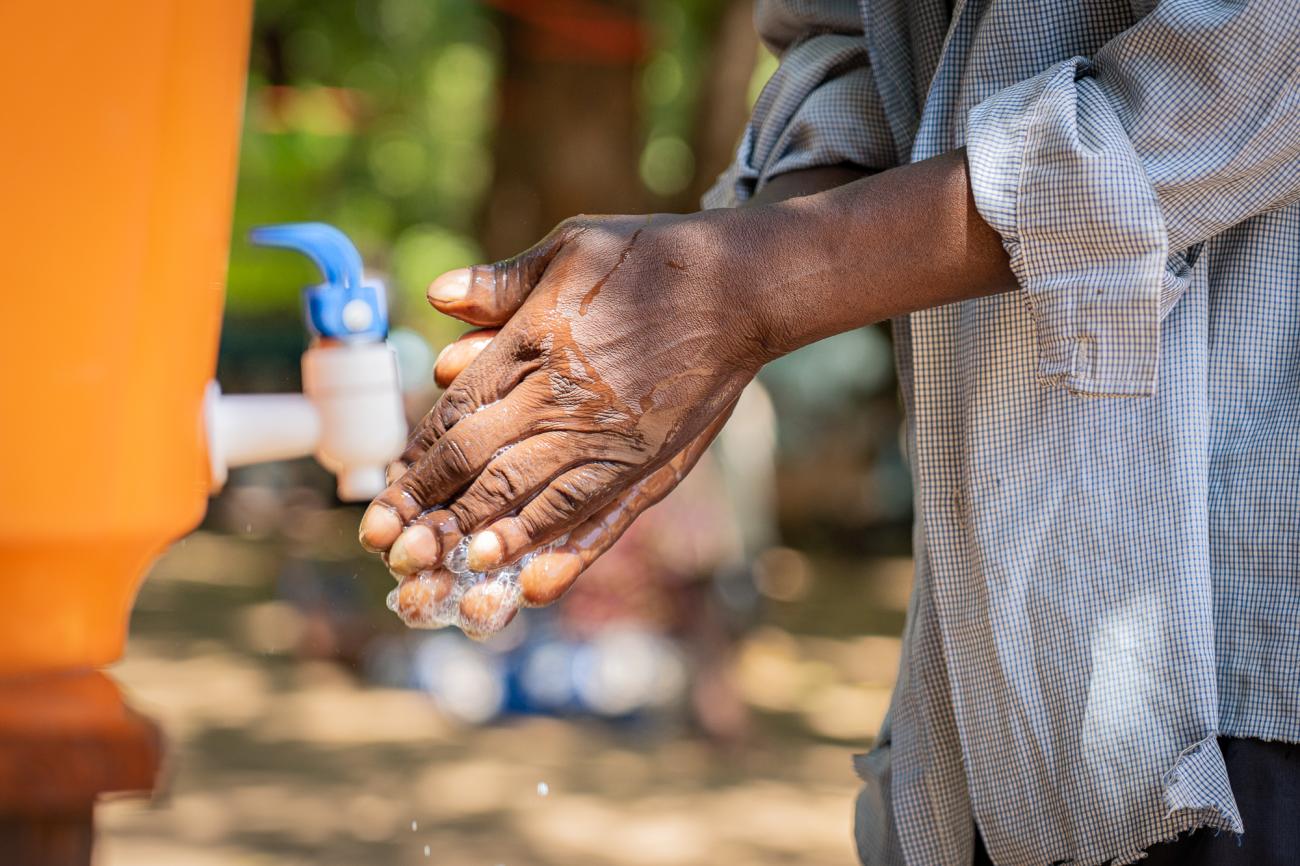COVID-19 and Malawi's response efforts

Everyone is talking about coronavirus disease 2019 (COVID-19). Be sure to get your facts from reliable sources.
What is a coronavirus?
Coronaviruses (CoV) are a large family of viruses that cause illness ranging from the common cold to more severe diseases such as Middle East Respiratory Syndrome (MERS-CoV) and Severe Acute Respiratory Syndrome (SARS-CoV). The most recently discovered coronavirus causes coronavirus disease COVID-19.
Coronavirus disease (COVID-19) outbreak situation
WHO Health emergency information and dashboard - Global
WHO Health emergency information and dashboard - Africa
WHO’s response in countries
The COVID-19 pandemic is impacting communities all over the world.
With 149 offices in countries worldwide, WHO is leading the global effort to support countries in preventing, detecting, and responding to the pandemic. WHO is also monitoring the response: 143 countries have now their own COVID-19 response plans, and almost all (194) countries have adopted public health and other response measures based on WHO’s guidance.
The response also covers the procurement of supplies. As of 2 March, WHO has bought and shipped 1.5 million coronavirus test kits and close to 800 000 face masks across the planet, delivering personal protective gear to more than 70 countries. At the same time, more than half of WHO’s personnel are responding on the ground by providing real-time updates, expertise, and coordination as governments, humanitarian agencies, and the public race to respond. Here are some of the ways WHO is responding in different regions.
How UN is supporting COVID-19 Response in Malawi
The UN is providing decisive and coordinated support to Government efforts, together with development partners and non-government organizations, to strengthen the ability of Malawian institutions to respond to the COVID-19 crisis and ensure that no one is left behind. Technical advice provided by WHO has been critical to the design of Malawi’s national COVID-19 health sector plan, including establishing laboratory testing capacity and training public health specialists. Read more...
Read about Malawi National COVID 19 Preparedness and Response Plan
Five things you should know now about the COVID-19 pandemic
- What’s the difference between an epidemic and a pandemic?
- Should I be now be more worried about COVID-19?
- What should countries do?
- What should I do?
- Where can I get reliable information?
General Frequently Asked Questions (FAQs)
- How does COVID-19 spread?
- What are the symptoms of COVID-19?
- How do I know if it is COVID-19 or just the common flu?
- Can the virus that causes COVID-19 be transmitted through the air?
- What can I do to protect myself and prevent the spread of disease?
- I am well and asymptomatic. Should I use a mask?
- How likely am I to catch COVID-19?
- Are pregnant women more susceptible to the COVID-19 virus and will it harm the fetus?
- What is the risk of my child becoming sick with COVID-19?
- Are the symptoms of COVID-19 different in children than in adults?
- Should I worry about COVID-19?
- Who is at risk of developing severe illness?
- Are antibiotics effective in preventing or treating COVID-19?
- Are there any medicines or therapies that can prevent or cure COVID-19?
- Is there a vaccine, drug or treatment for COVID-19?
- Should I wear a mask to protect myself from catching the COVID-19 virus?
- Until when should I wear a mask after recovering from an illness with respiratory symptoms?
- I am looking after someone who is ill with suspect or confirmed COVID-19. What precautions should I take?
- How long is the incubation and transmission period for COVID-19?
- Can humans become infected with the COVID-19 from an animal source?
- How long does the virus survive on surfaces?
- How can I get tested for COVID-19?
- What alternatives do I have if there are no hand sanitizers available? Can I use other alcohol like ethyl or liquor?
- Can people who recover from COVID-19 be infected again?
- Is it safe to receive a package from an area where COVID-19 has been reported?
- Is there a connection between COVID -19 and environment temperature?
- Can I catch the virus from being in an enclosed space (i.e. bus, subway) in close proximity to someone who doesn’t have respiratory symptoms?
- Should I start avoiding people of Asian descent and their businesses?
- When should we identify ourselves as "being sick" and stay at home?
Answers to some UN-specific questions
- My colleague is sick but he/she insists that it is just the common cold and is reluctant to work from home. What steps can we take to enforce “staying at home when not well” amongst staff?
- What can we do if we don’t have any hand sanitizers in the office building?
- What is the process for evaluating the criticality of official travels and meetings?
- Does the UN have any specific guidelines for meeting / mass gathering organizers and participants during the COVID-19 outbreak?
- I plan to travel to / have a meeting in countries or territories currently experiencing local transmission of COVID-19. Should I cancel this travel/meeting?
- What is the protocol for staff members returning to work after visiting COVID-19 affected countries (i.e., those with ongoing transmission)?
- I just returned from travel to a country/area experiencing local transmission of COVID-19. I am well and have no symptoms. Can I go back to the workplace?
- What about self-quarantining after returning from an area/country of high prevalence?
- What are the latest protocols and guidance for Medical Evacuation of staff members with severe respiratory infections related to COVID-19?
- Have medical insurance related questions?


